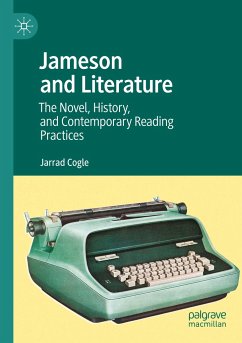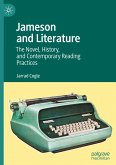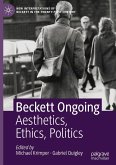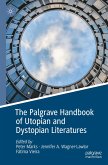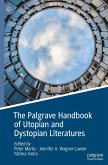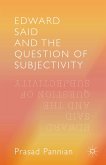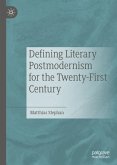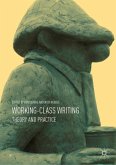This book demonstrates how Fredric Jameson's understanding of the novel form has heavily influenced his work as a critical theorist. It contends that Jameson's idiosyncratic engagements with the literary canon have had a major impact on his theoretical frameworks, particularly in his sense of historical change. The book investigates Jameson's predominant literary interests in chapters focusing on realism, modernism, postmodernism and genre fiction. These readings provide fresh perspectives on Jameson's career, ones that look beyond his most famous contributions to cultural theory and interpretive practice. Through this work, the book also rethinks the criticism that has surrounded Jameson, while suggesting ways in which his literary interpretation remains useful for contemporary reading practices.
Bitte wählen Sie Ihr Anliegen aus.
Rechnungen
Retourenschein anfordern
Bestellstatus
Storno

